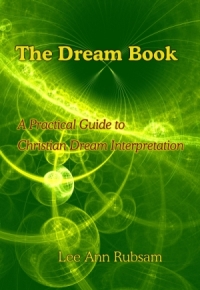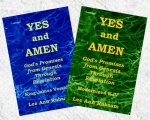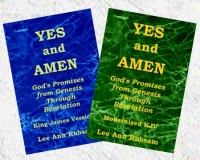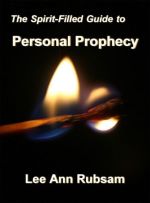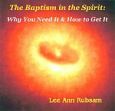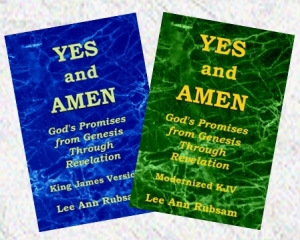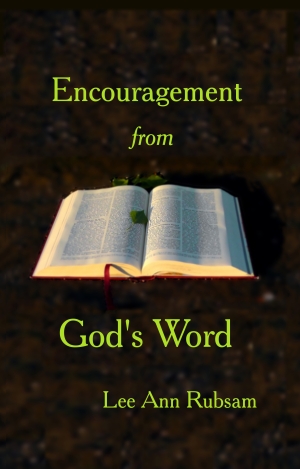In Revelation 19:10, John, overwhelmed by all he had been shown by the angel, attempted to fall down and worship him. The angel immediately forbade John from doing so and exhorted him, “…Worship God: for the testimony of Jesus is the spirit of prophecy.” The New Living Translation (NLT) states it, “…Worship only God. For the essence of prophecy is to give a clear witness for Jesus.”
What does this tell us? If we are followers of Jesus, we hold the testimony of Him in our hearts. And because He is our all in all, our primary focus should always be Him. That includes when we prophesy.
God calls His Church to be a prophetic people. It is part of our purpose and inheritance in Christ. The Holy Spirit desires to speak God’s thoughts through us for many reasons, including (but not limited to) evangelism; intercession; revelatory teaching of the Word; encouraging or exhorting; and bringing correction, direction, or counsel. All these elements of prophecy testify of Jesus in one way or another. True prophecy points people to Him.
Therefore, if we suppress the Spirit’s prompting to speak what is in His heart, we are not fulfilling a large part of our calling. Why would we do that? Probably the most frequent reason is intimidation. We fear making a mistake and being rejected, ridiculed, or reproved. Perhaps we think only people who are known as prophets are allowed to speak, but 1 Corinthians 14:31 says, “For you may all prophesy one by one, that all may learn, and all may be comforted.” Maybe our minds have limited us to the idea that prophecy is only supposed to happen in a church setting.
If you think of prophecy as speaking forth the heart of God, anywhere and anytime He leads, it won’t seem so intimidating to you. You don’t necessarily have to give a “Thus saith the LORD” message. In fact, starting out with that phrase isn’t usually the best idea anyway.
If you feel an urging to encourage someone with a thought you sense is from the Lord, do that. It can be as simple as sharing a Bible verse you think the Lord wants to speak to him or her. Sometimes, the Lord gives me several verses for a particular person to comfort them or to cause them to reach out to the Lord for themselves. The results of sharing them have generally been good.
As you are praying, maybe you suddenly have an idea about exactly how to intercede. Praying by the leading of the Holy Spirit is an element of prophecy. The Lord might urge you to share with a person you prayed for what you received while praying. Do it, and you will bless that person.
Thirty-three years ago, I received a cancer diagnosis. At my first visit to the oncologist, he gave me a devastating report of just how bad it might be. But when I got home, a card from a friend was waiting for me in my mailbox. It simply said, “Lee Ann, Jesus says not to worry. You will be all right.” That friend took a step of faith in sharing what she heard prophetically, but I am grateful to this day for her timely word.
Recently, I shared with our prayer group a Bible verse which kept coming to mind during our worship time. What I didn’t anticipate doing was then going on to expound on how that verse applied in our current circumstances. I didn’t have to think it out; it just flowed. That is an aspect of the prophetic.
A lady in our home fellowship shared a Bible verse I had not previously been aware of, and it taught me a basic truth about the Lord. She mentioned the verse in passing, probably not even realizing she was prophetically flowing in the Spirit. But she was doing just what 1 Corinthians 14:31 says, “For you may all prophesy … so that all may learn.” I learned something new about the Lord’s nature that day.
I know of a few Christian authors who use fiction to speak the word of the Lord prophetically into people’s hearts. They each have a gift for showing people aspects of Jesus through their writing. Their novels act as subtle parables to bring particular truths and to draw their readers closer to Him.
Perhaps God inspires you with songs to glorify Him. Writing lyrics or composing music by the prompting of the Holy Spirit is a form of prophecy. Consider Fanny Crosby’s thousands of beloved hymns. Handel wrote Messiah in about three weeks’ time. He locked himself away, barely eating or sleeping during that time, and when he came forth with the finished score, he said he felt he had been in the very presence of God.
When we understand that prophecy is part of every believer’s calling in Christ, we can be confident that He will use us in it in a variety of ways — often quite subtly. Expect Him to use you prophetically wherever you go. Ask Him to! Ask Him to help you be sensitive to His leading, and to give you the courage to speak forth what He brings to your heart.
The more you step into yielding your words to Him, the more often it will happen. You will end up glorifying the Lord Jesus more than you ever thought possible. It is a satisfying and exciting way to live.
___________________________


